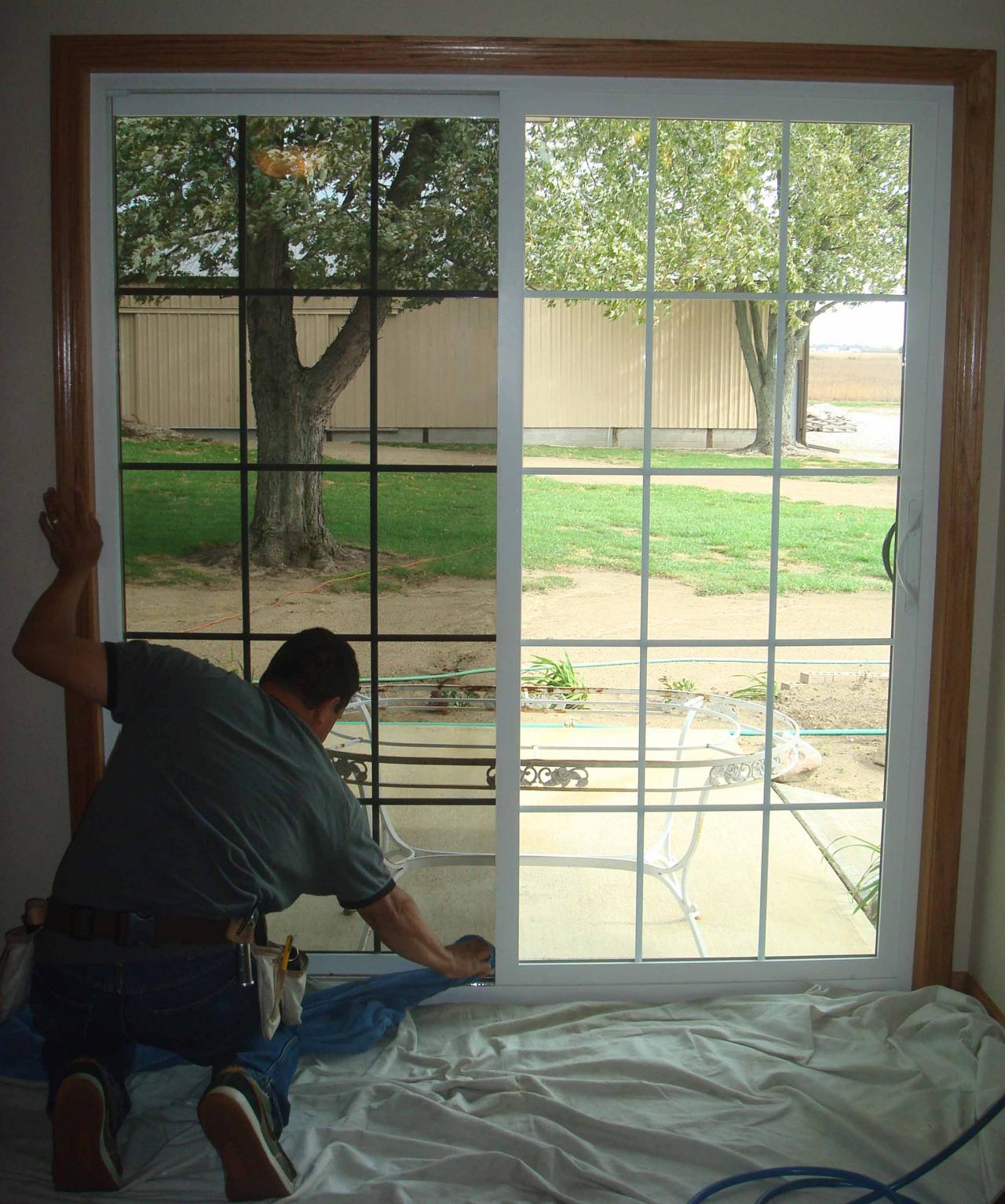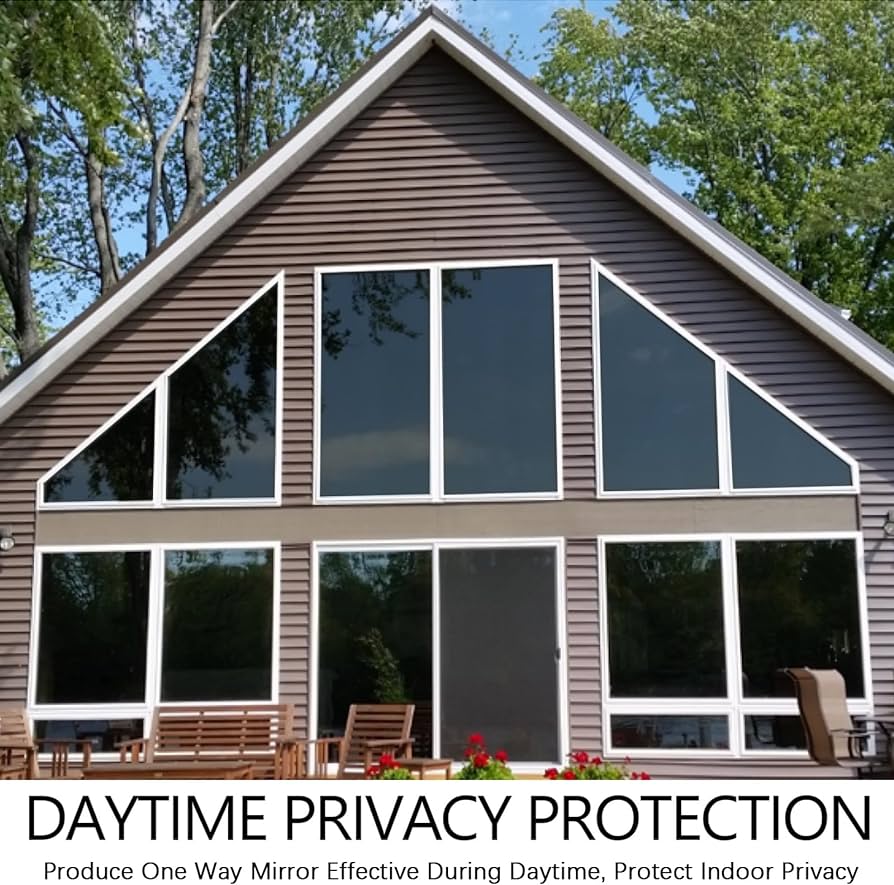Upgrade Your Home with Expert Residential Window Tint Providers
Upgrade Your Home with Expert Residential Window Tint Providers
Blog Article
Exactly How Residential Home Window Tinting Boosts Your Home's Power Effectiveness
Residential home window tinting offers a compelling option for property owners looking for to improve power effectiveness within their living rooms. By using specialized movies to windows, it effectively decreases warm transfer, thus supporting indoor temperature levels and decreasing the need for excessive heating or air conditioning.
Recognizing Home Window Tinting
Comprehending window tinting is necessary for homeowners looking for to enhance both convenience and energy efficiency in their home. Residential Window Tint. Home window tinting involves the application of a slim movie to the interior or exterior surface of glass windows. This film can substantially modulate the quantity of sunlight and warm that goes into a home, hence affecting interior environment conditions
There are various types of home window tinting movies readily available, each with distinctive residential or commercial properties. The performance of window tinting is often gauged by its Visible Light Transmission (VLT) percent, which indicates exactly how much light can pass with the film.
Advantages of Power Performance
Window tinting not just boosts aesthetics yet additionally plays a significant function in boosting power performance within residential areas. By decreasing warm transfer via home windows, colored films create an extra secure interior environment, which can bring about considerable reductions in power usage for heating and air conditioning. This power performance translates right into reduced utility bills, providing property owners with significant long-term savings.

In addition, home window tinting improves the comfort of living areas. By minimizing glow and obstructing dangerous UV rays, tinted windows produce an even more enjoyable setting, which can lead to enhanced well-being for occupants. The defense versus UV rays additionally assists protect furnishings and floor covering from fading, adding to the longevity of family items.
Just How Tinting Functions
Tinting movies operate via a mix of sophisticated materials and technologies designed to manage the quantity of solar power getting in a home. Primarily made up of polyester, these films frequently include ceramic or metallic bits that reflect and absorb warmth. This double capacity permits them to significantly reduce the infiltration of ultraviolet (UV) rays and infrared radiation while permitting noticeable light to travel through.
The effectiveness of home window tinting is determined by its solar warm gain coefficient (SHGC), which shows exactly how much solar power is sent through the window. Reduced SHGC values are preferable as they represent greater heat denial. Additionally, home window colors can feature a selection of shades, enabling homeowners to tailor their visual preferences while boosting power efficiency.
Additionally, these movies work as an obstacle, stopping warmth loss throughout chillier months by reflecting interior heat back into the home. This thermal insulation result complements the over here air conditioning advantages obtained during warmer months, adding to a well balanced interior climate year-round. By taking care of solar power successfully, residential window tinting not just boosts convenience but also plays an essential duty in lowering energy consumption and decreasing utility costs.
Picking the Right Color

There are different kinds of window movies available, consisting of colored, metalized, and ceramic. Colored films are economical look here yet might have restricted durability. Metalized films provide better heat denial yet can disrupt electronic signals. Ceramic movies supply exceptional warmth control without jeopardizing visibility and are highly sturdy, making them a popular option.
Visible light transmission (VLT) is one more crucial variable, as it shows the amount of natural light that can go through the tinted glass. Homeowners need to pick a tint with a VLT that matches their illumination preferences while still supplying adequate glow reduction.
In addition, analyzing the solar warmth gain coefficient (SHGC) can assist figure out exactly how well a color can block warm from sunlight. A reduced SHGC indicates better warmth control, eventually enhancing power performance.
Setup and Maintenance Tips
Appropriate setup and maintenance are important elements in making the most of the advantages of household window tinting. Experts additionally use specialized devices and strategies, which can improve the resilience and efficiency of the tint.
Adhering to installation, upkeep is vital to extend the life of the window movie. It is suggested to wait a minimum of 1 month before cleaning the tinted windows to allow the sticky to cure totally. When cleansing, use a soft cloth and a gentle, ammonia-free cleaner to avoid damaging the movie. Stay clear of abrasive materials that could scratch the surface.
Additionally, regular inspections are beneficial. Inspect for any peeling or bubbling, which can suggest improper installment or use in time - Residential Window Tint. Attending to these issues get redirected here promptly can prevent further damages and maintain energy effectiveness. By adhering to these setup and upkeep tips, property owners can guarantee their window tinting continues to supply considerable energy savings and comfort for years ahead.
Conclusion
In verdict, residential home window tinting offers as an efficient option for enhancing energy effectiveness within homes. By lowering warmth transfer and blocking damaging UV rays, window movies add to decrease power consumption and improved interior comfort. The option of suitable tinting products, along with proper setup and maintenance, even more takes full advantage of these benefits. Eventually, home window tinting stands for a lasting investment that not only reduces energy bills yet also promotes a comfy living atmosphere throughout the year.
Window tinting involves the application of a thin film to the interior or exterior surface of glass home windows. By decreasing warm transfer with home windows, colored films create a more stable indoor climate, which can lead to considerable reductions in power usage for heating and cooling.The efficiency of home window tinting is measured by its solar warm gain coefficient (SHGC), which shows exactly how much solar energy is transmitted via the home window. By handling solar energy successfully, residential window tinting not only boosts convenience however additionally plays an essential function in minimizing energy consumption and decreasing energy bills.
By reducing heat transfer and blocking hazardous UV rays, home window movies contribute to reduce energy consumption and boosted indoor convenience.
Report this page